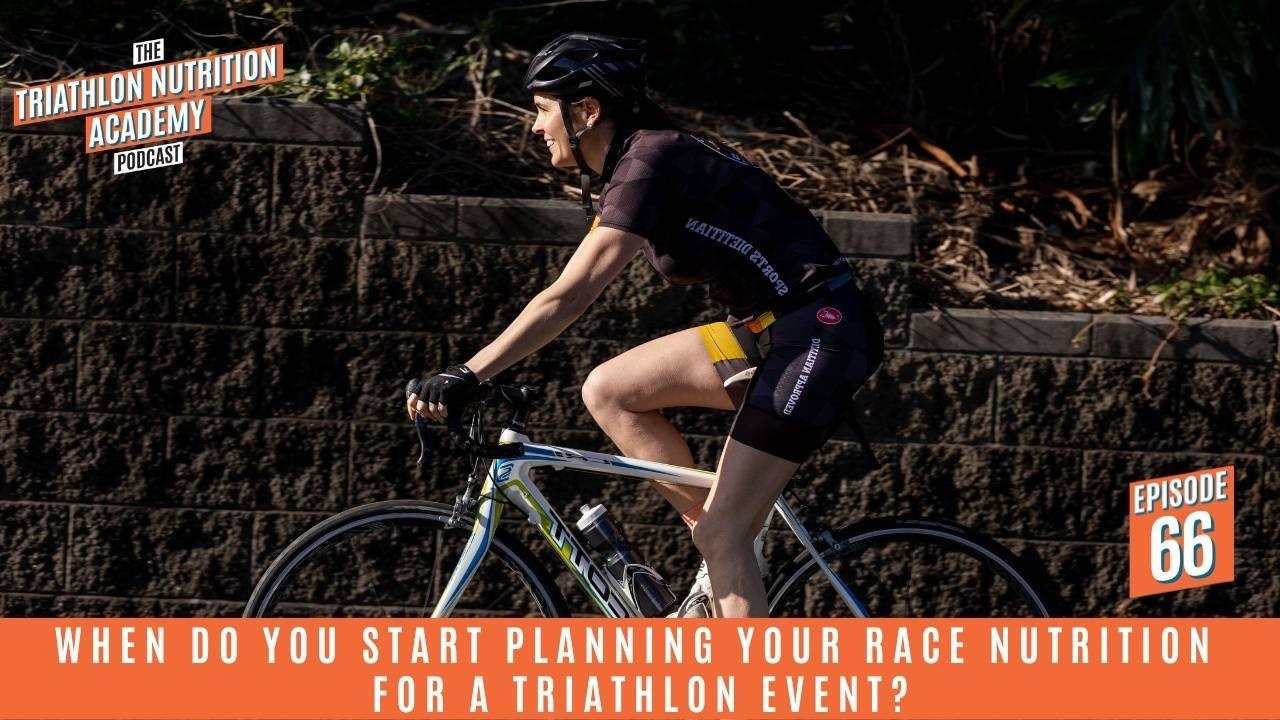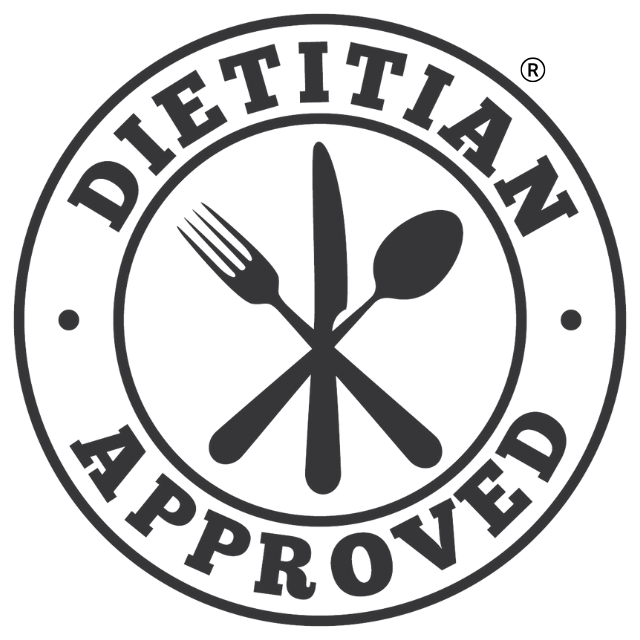
When Do You Start Planning Your Race Nutrition for a Triathlon Event?
Nov 03, 2022Hot Tip - Don't leave it too late
Often triathletes leave it way too late. They’re a last minute Larry and end up winging it.
- They are not prepared
- They have not rehearsed – and that's my number 1 rule of race day!
- The result is often a horrible race. No energy on the run. You bonk or vomit. And you don’t race as well as expected/or as well as you're capable of
Stop and think for a second – aren’t we doing all this training to piece it together into a decent race? And that doesn’t necessarily mean a win or get a spot to Kona – simply doing better than the last one, or having a good time or not bonking.
If you want to be successful on race day – whatever that looks like for you – start preparing early. The more time you have, the better.
You don’t want to get to race week and go ‘oh shit’ – I’m out of sports drink powder. Or I should probably think about CHO loading! It should already have been planned and practiced in training.
Make time to understand exactly what you need – no two distances are the same nutritionally. You can’t just halve your IM to get 70.3 plan and vice versa.
They are all physiologically different – so your nutrition needs to be different.
When it comes to race nutrition, the longer the distance, the more time you need to prepare, so what we want leading into an event:
- Be confident in your race plan
- Well rehearsed, tested and tweaked – it can, and should, evolve over time
- Don’t second guess yourself – wondering if what you’re doing is right/wrong
There’s a danger that if you are uncertain, you’re likely to get distracted by what others are doing and do something weird at the last minute.
Sprint distance
This is the distance that needs the least amount of time to prepare. If you're new, it will take a few months. With it being over in 1 - 2 hours, at this distance you can get away with making mistakes. Ask yourself:
- Can you take your hands off to drink on the bike?
- Are you using any nutrition during? If yes, what? Test and trial different products – get used to having while exercising
- What have you had before that sits well, despite the nerves?
For seasoned athletes, it can be just another training session – use the sprint as a testing ground.
Standard Distance / Olympic Distance
Give yourself a fair few months, when it comes to thinking about standard distance race nutrition (3-6 months). It's not something that you can just turn up and see what's available at the expo and roll with that. You also want to practice whatever nutrition is on course - like what sports drink are they going to offer on the run, at the aid stations and have you practiced with that? So think more strategically and think more long term when it comes to this, because then you're more likely to be successful and have a good outcome.
- There's more that can go wrong. Glycogen depleting
- Your carbohydrate loading should be practiced at least twice
- Dial in your hydration needs
- Plan your pre-race meal
- Ensure your race nutrition during is practiced and that you've done gut training
70.3 / Half Ironman distance
This distance is longer again so you're going to need 6+ months to prepare. You need more preparation than for your standard or OD distance. You're out there for way longer on the bike. You're out there for way longer on the run. And so your 'during' racing nutrition becomes really important to your success on the day. As well as everything you do to set it up, you know you're going to need to carb load and be a bit strategic around this.
- I recommend you do everything from your Olympic Distance racing, but more preparation is required for what you’re doing DURING the event
- Gut training is especially important at this distance - you need to absorb fuel and nutrition while you're exercising and you're under the stress of that exercise.
- Need to be comfortable and confident in your fuelling plan
Full distance / Ironman
When it comes to preparing for Ironman, all I can say is "the longer the better" so we are talking – 6+ months or better still, start preparing 1 - 2 years out.
The longer we are away, then you're probably more so focusing on what you're doing on a day to day basis, and understanding your fuelling during those longer training sessions. But as we get closer, we're doing the gut training. We're carb loading. We're really dialling in what you're doing on the day.
- What's your plan for the bike?
- And have you practiced that and gut trained yourself to absorb that really well?
- What's your plan for the run?
- And have you practiced that and know that you can tolerate it?
That takes time - it takes weeks and months to get that right. You won't survive Ironman training, if you're afraid of carbohydrate and avoiding it. You will end up sick, injured, low energy availability and you know, worst case, having a stress fracture or a stress reaction, right when you're peaking.
Ultraman / Multiday events
The work needed to prepare for these multiday events is really years in the making. Not only do you have to do one event on one day, you have to learn to back up and go again on the next day and the next day. And that's a mad skill that takes practice.
You need to practice what all of your recovery nutrition strategies are to back up and go again, really quickly and fuelled.
You need to do some serious gut training to make sure your fuelling during those days is as good as it can be for you and is dialed into what you specifically need for you as well. We're not just blindly following the person that wins and copying their race nutrition. We're not pulling random target figures off the internet and hoping for the best.
If you are going to do that to your body, then you want to make sure you've got all of the right nutrition to support that and it's practiced, it's rehearsed, it's perfect for you, you've got no question in your mind that what you're doing isn't right.
We have athletes in the Triathlon Nutrition Academy Program laying a great foundation with their nutrition NOW for Ultraman in 2024. 2 years away! So if you are thinking of doing a multiday event anytime in the next 2 - 3 years, now if the time to start preparing!
Conclusion
You need a plan
Hopefully that helps you think a bit more about planning and preparation for an event. Not simply seeing what they’ve got available at the expo!
Athletes with a plan perform better than those that don’t.
Preparing takes time – the longer the event, the more time it takes, so you need to look ahead and plan around your upcoming events.
I turn athletes away if they want an IM race plan a few weeks out – because it’s something you need to give attention to well ahead of time for it to be effective.
If you need help, then come join the next intake of the Triathlon Nutrition Academy and learn everything you need to know about nutrition for every type of race event (and for life).
To dive deeper, listen to the Triathlon Nutrition Academy Podcast, EP 66 - When Do You Start Planning Your Race Nutrition For A Triathlon Event?
If you are interested in learning more about the Triathlon Nutrition Academy Program and what it can do for you, head HERE to join the waitlist for our next opening in January.
Don't miss a beat!
New moves, motivation, and classes delivered to your inbox.
We hate SPAM. We will never sell your information, for any reason.



